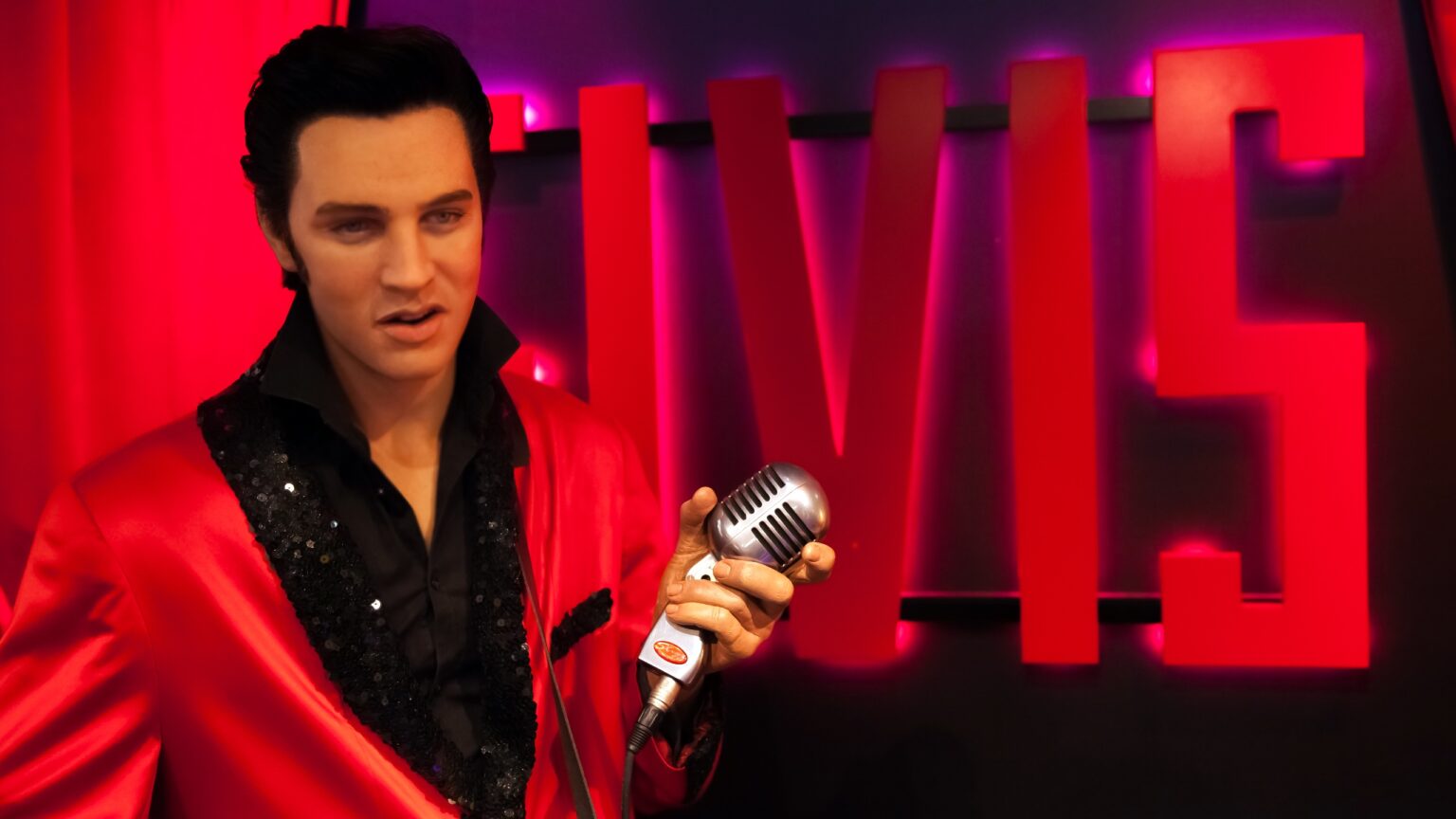Tennessee has made history after signing a law that protects musicians, songwriters and music professionals from unauthorized AI impersonation.
Its Governor, Bill Lee on Thursday signed off the legislation in the state, long known as the “birthplace of country music” to protect artists from the adverse impacts of the fast evolving technology. The Act officially goes into effect July 1.
The Elvis law
Dubbed the Elvis Act, which in full is Ensuring Likeness, Voice, and Image Security Act, the new legislation adds vocal likeness to the already existing protections “for name, photographs, and likeness, setting a significant precedent for artist rights.”
Tennessee, also known as the Volunteer State, is according to CBS News, one of the three states where name, photographs and likeness are considered a property right rather than a right of publicity.
“Today, I signed the Elvis Act at Broadway’s Robert’s Western World alongside Luke Bryan, Chris Janson and artists from across the state,” said Governor Lee in a social media post.
“Tennessee is the music capital of the world, and we’re leading the nation with historic protections for TN artists and songwriters against emerging AI technology,” announced Governor Lee.
He also told reporters after signing the bill into law that artists have intellectual property, gifts, uniqueness.
“We employ more people in Tennessee in the music industry than any other state…. They (artists) have a uniqueness that is theirs and theirs alone, certainly not artificial intelligence,” he said.
The ELVIS Act is officially law in Tennessee! 👏 This critical legislation protects against unauthorized voice and likeness replication. pic.twitter.com/Ma9rS5cmkz
— SAG-AFTRA (@sagaftra) March 21, 2024
Stakeholder support
The state of Tennessee’s move has received widespread support and praise from industry figures and advocates alike, who say this will make sure AI tools are not used to “replicate artists’ voices without their consent.”
During a celebration event at Nashville’s Robert’s Western World, country music star Luke Bryan hailed the legislation describing it as a crucial step in safeguarding artists’ work as generative AI developments continue, changing the arts industry as well. Governor Lee emphasized the state’s commitment to protecting the legacy of its artists amid the AI developments.
Also in support of the Act, SAG-AFTRA national executive director Duncan Crabtree-Ireland praised Governor Lee for implementing significant safeguards against AI misuse.
The Act, which was passed unopposed in the Tennessee General Assembly, holds account anyone who publish or perform an individual’s voice without their permission.
It has been described as the first legislation of its kind that builds on already existing state rules to safeguard artists and protection against unauthorized use of someone’s likeness by adding “voice” to the realm it protects.
Also read: YouTube Puts to Effect its AI Content Labeling Policy
The Elvis Presley connection
According to Cryptopolitan, the legislation’s naming after legendary late pop star Elvis Presley is to emphasize “its significance in combating the unauthorized exploitation of artists’ likeness even after their passing.” It is also a sign of recognition to one of Tennessee’s iconic residents, who died in 1977.
His death ignited a contentious and lengthy battle over the unauthorized use of his name and likeness. There were arguments that once a celebrity died, their image and name would be in the public domain.
However, the Tennessee Legislature passed the Personal Rights Protection Act in 1984 to ensure a personality’s rights don’t stop at death. Although it was viewed as a move to protect the pop star’s estate, it has been praised decades later for protecting “the names, photographs and likenesses of all of Tennessee’s public figures.”
Now, the new Act’s effectiveness in protecting artists looking to shield their work from being replaced by AI remains to be seen. However, artists in Tennessee have indicated they cannot afford to wait for a perfect solution as they are already seeing the challenges right before them.
“Stuff comes on my phone and I can’t tell it’s not me,” said Bryan.
“It’s a real deal now and hopefully this will curb it and slow it down.”
Tennessee Adopts ELVIS Act, Protecting Artists’ Voices From AI Impersonation pic.twitter.com/oruJrERTUY
— Founders Pack (@thefounderspack) March 22, 2024









 and then
and then